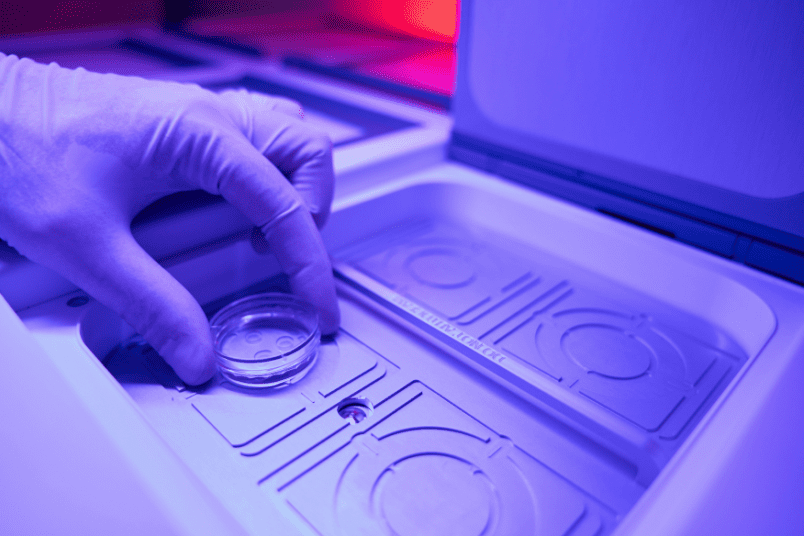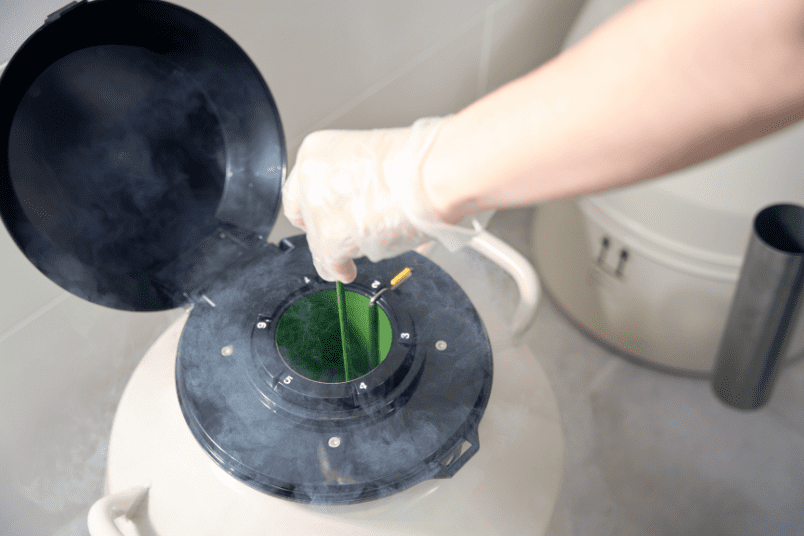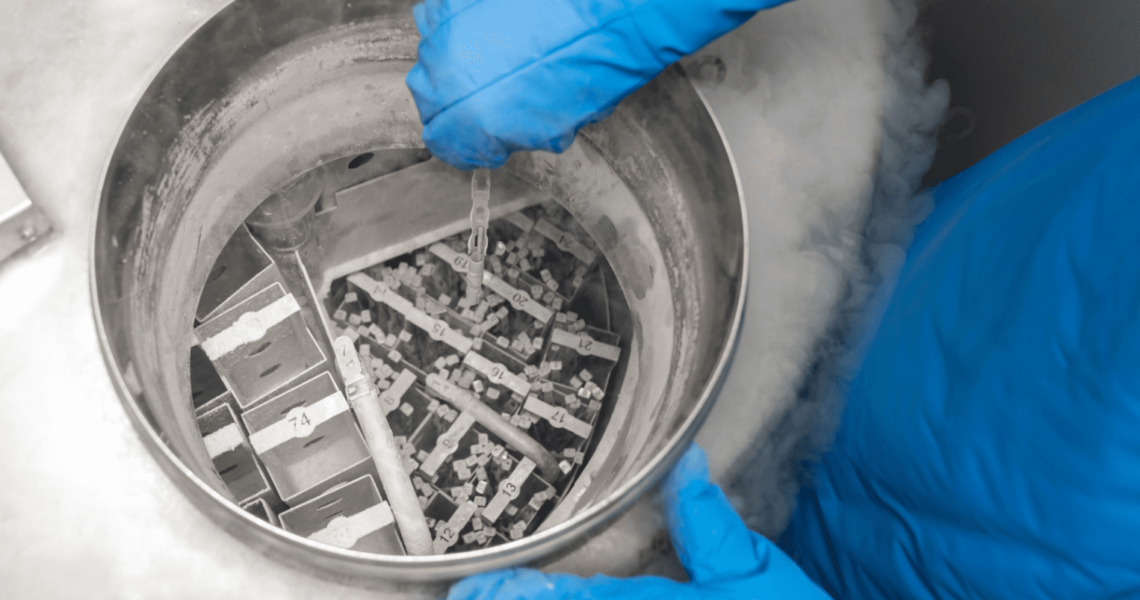Egg and embryo freezing, known as oocyte and embryo cryopreservation, respectively, are pivotal advancements in reproductive medicine. These techniques serve a crucial role in preserving fertility. Egg freezing empowers women to delay childbearing for career or medical reasons, safeguarding their ability to conceive. Embryo freezing plays a vital role in assisted reproduction, enabling individuals and couples to preserve and utilize embryos, and offering hope for those facing infertility. These technologies provide reproductive options and are invaluable for family planning in the ever-changing world.
What is Egg & Embryo Freezing?

Egg freezing is a process that involves preserving a woman’s eggs by freezing them at a sub-zero temperature. This is done to safeguard a woman’s fertility for the future, particularly when she may face age-related fertility decline, medical treatments that could harm her fertility, or personal reasons to delay childbearing.
Embryo freezing, on the other hand, is a technique within assisted reproductive technology (ART). It involves freezing embryos created through in vitro fertilization (IVF) to be stored for later use. This is often chosen by couples who have surplus embryos after an IVF cycle and wish to save them for future pregnancies, or for individuals who need to delay pregnancy due to various circumstances.
Cost of Egg & Embryo Freezing

Egg & embryo freezing methods help preserve a woman’s eggs and embryo for future use. In India, this fertility preservation option has gained popularity in recent years. The cost of egg freezing varies and depends on multiple factors.
Factors Affecting the Cost:

Fertility Clinic Reputation: Established clinics with a strong track record may charge more for their services.
Facility and Equipment: Clinics equipped with advanced technology and state-of-the-art facilities may charge higher fees.
Number of Eggs: The cost can be varied by the number of eggs a woman wishes to freeze. More eggs often result in a higher overall cost.
Insurance and Financing Options:

In India, health insurance policies generally do not cover the expenses related to egg freezing. However, some clinics may offer financing plans or packages that can help patients spread the cost over time. It’s essential to inquire about such options with the chosen fertility clinic.
Success Rates and Risk:

The success rate and risks of egg and embryo freezing in India vary depending on factors such as the patient’s age, overall health, and the quality of the fertility clinic. On an average, success rates for freezing eggs and embryos in India are competitive, with some clinics reporting success rates ranging from 30% to 60% in terms of pregnancy and live births.
However, there are inherent risks involved in the process, including potential damage to eggs or embryos during freezing and thawing, as well as health risks associated with fertility treatments. Patients must choose a reputable clinic with experienced professionals to minimize these risks and maximize their chances of a successful outcome.
In conclusion, the cost of egg freezing in India can vary widely due to factors such as location, clinic reputation, and the number of eggs to be frozen. Patients should conduct thorough research, consider financing options, and prioritize safety and success rates when making their decisions regarding fertility preservation.
NU Fertility Hospital, Bangalore (India) is renowned for its excellence in embryo and egg freezing, offering state-of-the-art technology and expertise. With a dedicated focus on reproductive issues, we provide compassionate care and innovative solutions, making the NU Fertility Centre a top-notch choice for individuals seeking fertility treatment and support.
References:
- Embryo Freezing. Cleveland Clinic.https://my.clevelandclinic.org/health/treatments/15464-embryo-freezing-cryopreservation.
- Freezing Embryos. John Hopkins Medicine.https://www.hopkinsmedicine.org/health/treatment-tests-and-therapies/freezing-embryos
Author: Dr. Sneha J



